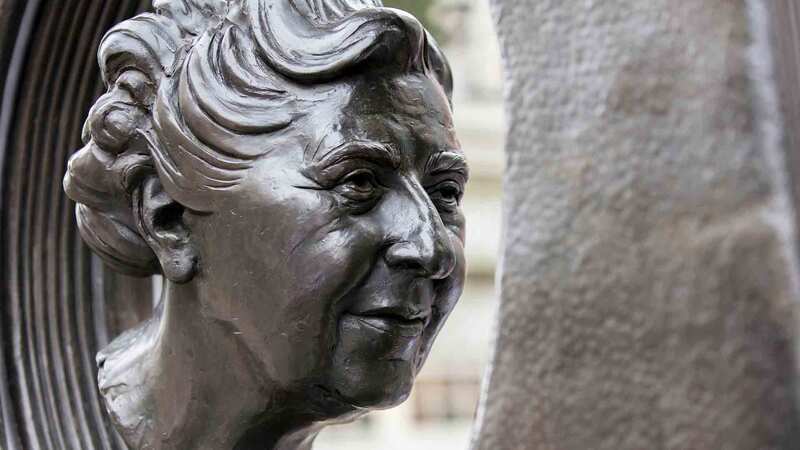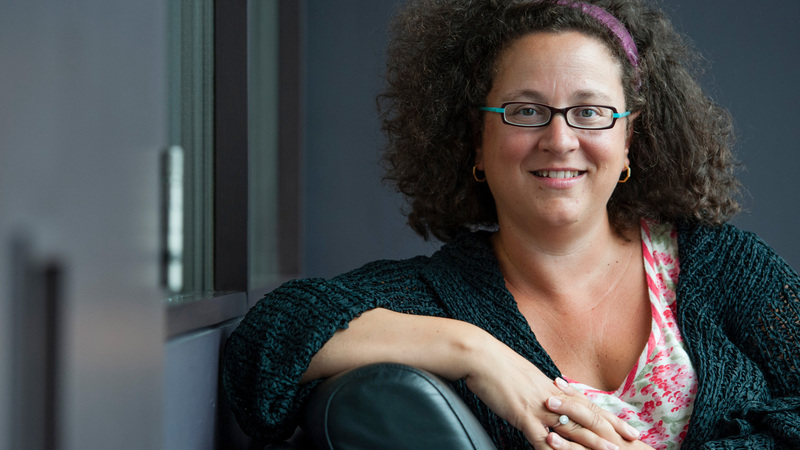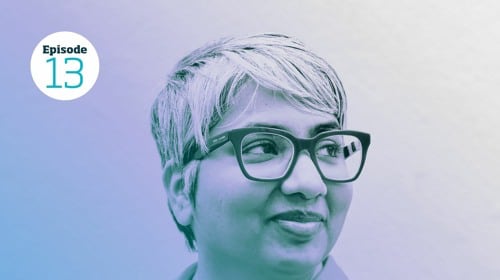You are viewing your 1 free article this month. Login to read more articles.
CrimeFest withdraws offer to host Staunch Prize winner
CrimeFest has withdrawn its offer to host the winner of the recently-launched Staunch Book Prize.
Organisers of the annual crime writing festival in Bristol had offered a complimentary pass and panel appearance for the winner of the Staunch Book Prize, but they have now reversed their decision, drawing criticism from the Staunch organisers. The move follows weeks of debate in the press and on social media about whether the prize is progressive or damaging to crime writing.
The £2,000 award to find the best thriller in which no woman gets beaten, stalked, sexually exploited, raped or murdered launched in January, but received criticism from some high profile crime authors, such as Sophie Hannah and Val McDermid. McDermid said she resented “being lumped together with the crass, the incompetent and the pornographers of violence” and Hannah argued in the Guardian that “brutality is not the same thing as writing about brutality”.
CrimeFest co-host Adrian Muller told The Bookseller: “Whilst we acknowledge the good intentions with which the Staunch Book Prize was set up, there are different ways to highlight the problem of violence against women. One of them is to write about this violence in a sensitive way. To suggest that authors who take this route are part of the problem is damaging to everyone involved in raising awareness for this issue. As a result we regrettably concluded that it was no longer appropriate for us to contribute to, or be associated with, the Staunch Book Prize.”
Literary agent Piers Blofeld, who joined founder Bridget Lawless (pictured) and actor and writer Doon MacKichan on the judging panel for the prize earlier this month, has blasted CrimeFest’s decision.
Blofeld, of Sheil Land Associates, said: “CrimeFest hasn't given a reason that I can make sense of. They were going to offer a free pass to the winner, and have the winner on a panel.
“They withdrew it on the basis that ‘we have to draw the line when longtime opponents of violence against women speak out against the prize’. It seems some of the crime writing community want the prize to go away because they see it as an implicit judgement on their writing careers which focuses on crimes against women. It is not about preventing that but it is about encouraging alternatives.”
Lawless declined to comment and is “taking a step back” from promotional duties, after receiving online abuse over the prize, according to Blofeld.
In response to negative reaction to the prize from some crime writers, Blofeld said he found it “strange that [these writers] can’t be more welcoming of a prize which means to focus on women’s agency and power, rather than their victimhood”.
“I found it very puzzling that writers who regard themselves as progressive are so eager to stifle and shut down voices they are not happy with. This is a classic establishment response. It is indicative of how closed people’s minds are”, he said. “We are not telling people what to write. We are just trying to find alternatives.”
Blofeld believes that sometimes violence inflicted against women in fiction is “done lazily or for effect”.
“When I talk about it with non-publishing people, they say ‘we are fed up with all the violence against women in books and on screen’,” he said. “Let us focus on the power that is emphasised in something like “Wonder Woman”. It is an absurd idea that this prize is about preventing people from writing about important social issues. This is about finding what other ways there are of telling popular stories.”
Bleaker House novelist Nell Stevens (Picador), has joined Blofeld in supporting the prize in a string of comments on Twitter, writing: “The claim that violence against women as portrayed in the majority of crime and thriller writing is insightful, challenging, a way of exploring real pain, is dishonest.”
However, two crime writers have told The Bookseller they feel the prize does not recognise the breadth and sensitivity in crime fiction.
The Unseeing author Anna Mazzola (Headline) said: “I think the prize has been created with the best of intentions and that it's great that it's ignited a debate about the treatment of violence against women within fiction, as well as highlighting the very real problem of violence against women and girls in real life.” However, she added “you don’t help eliminate [this] in real life by eliminating it from fiction” and described the award's approach as “missing the point”.
“My second book features abuse and abduction of girls because I am interested in how society, both now and in the 19th century, dealt with offenders and victims of sexual abuse,” she said. “Perhaps rather than try to eliminate violence and abuse altogether from fiction and drama, it would be better to celebrate those writers who deal with it in a meaningful way.”
Mazzola’s comments were echoed by Taiwanese-American writer Winnie M Lee, whose book Dark Chapter (Legend Press) was based on her own experience as a victim of rape.
While the author “sees the impetus” behind the formation of the prize, she believes that violence against women can be written about sensitively.
“When I wrote Dark Chapter, I deliberately wanted to challenge the crime fiction trope of the novel which opens on the body of a beautiful, dead, raped woman,” she said. “In real life, there are a lot of survivors of sexual violence who are still alive, who haven’t been murdered, and their experiences are also worth telling. I was one of them. I think fiction is a very effective way to dramatise the human experience of surviving crime and addressing its aftermath.”
Jake Kerridge, crime fiction critic of the Daily Telegraph, also believes that the prize should recognise violence written about in a sensitive way, but said he had “a little sympathy” with its organisers.
He said: “A few of the writers who loudly trumpet the importance of crime fiction as a vehicle for shedding light on the issue of violence against women are not above writing scenes of gratuitous violence. We know that if a newspaper features violence against an attractive woman on its front cover there is a spike in circulation; some crime novelists are perhaps being disingenuous in not acknowledging that some fraction of their readership may be looking to their work for a similar kind of frisson.”
However, he added: “Why can [the prize] not reward crime novelists who write sensitively about violence against women, of which there are many?”
When the award launched last month, Lawless told The Bookseller she believed that “strong role models both real and invented are incredibly important to women’s fight for equality” and that “fiction can do a fantastic job of showing what can happen when women stand up and speak out about injustice and refuse to be victimised”.
She said: “I want to find the writers who’ve come up with something different.”
The competition opened for entries opened 22nd February with “some very promising” submissions already sent in. It will close at midnight on 15th July.
For more information, visit the prize website.



















